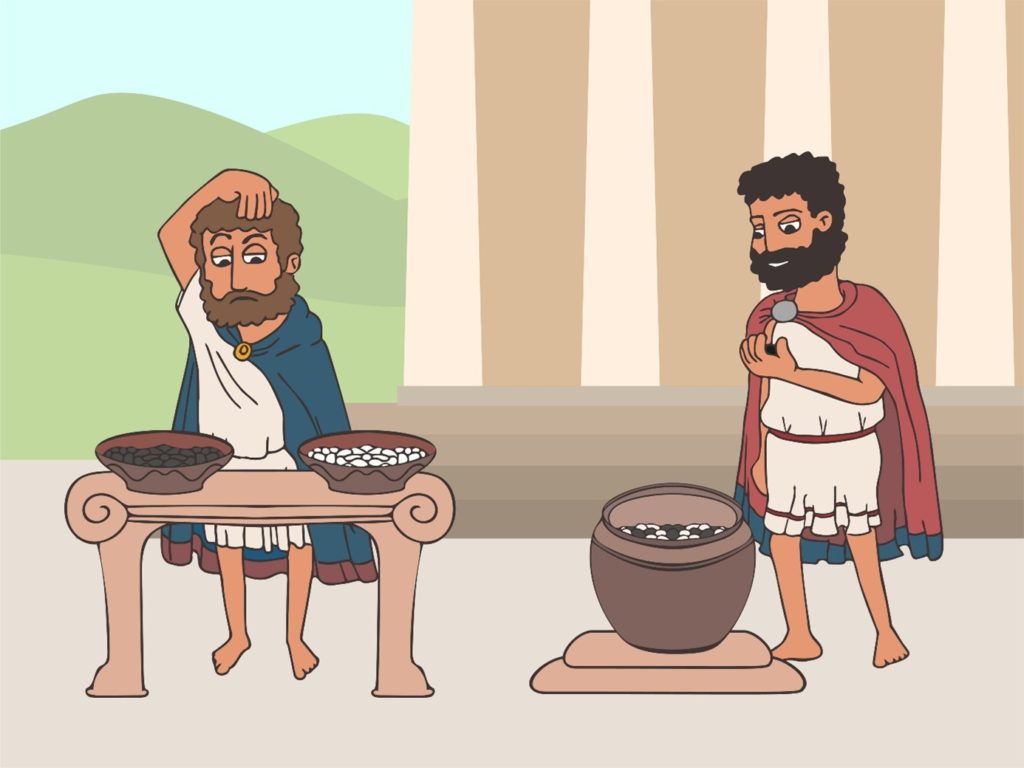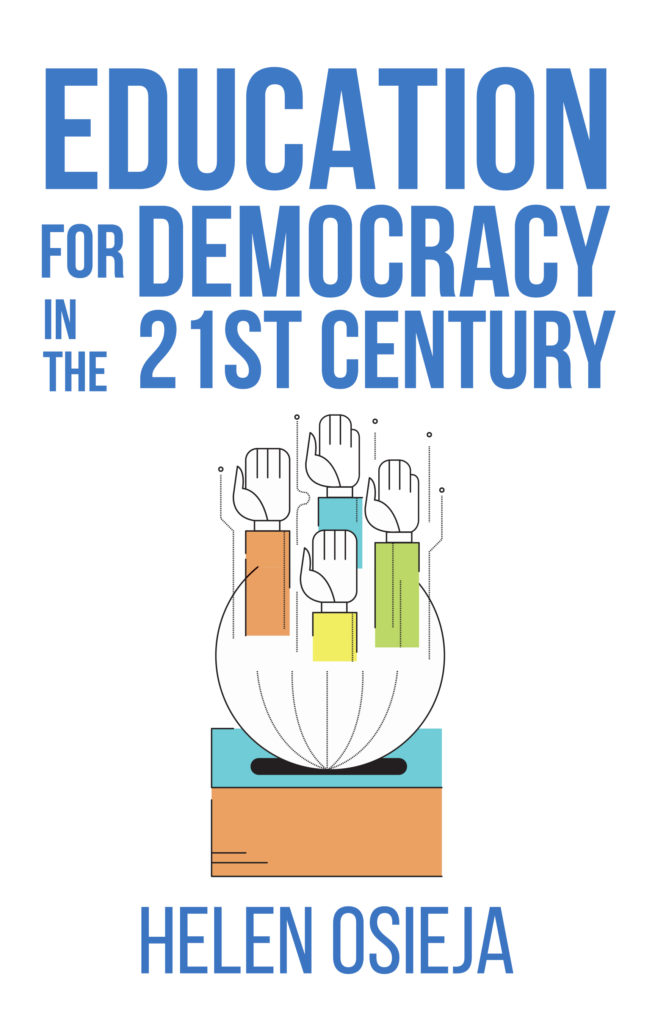Democracy is not only a political system. It is a political culture and a way of life. Some basic pillars of democracy are the division of powers, freedom of speech, freedom of the press, the secular state, and the equality of all citizens before the law. These pillars have to be taught and learned if we want to create responsible citizens out of our pupils.
Everybody has a right to demonstrate peacefully. However, violent demonstrations pose a threat to democracy, just like counterdemonstrations do. While conflict of interests is inevitable, violence is not.
Challenges of democracies in the 21st century
Democracy faces many challenges in a time of polarization around the world. If we want to avoid undemocratic behavior in adults we must teach and foster democratic values in our youth. Our students therefore must not only learn what pluralism is. Pluralism should be practiced in school as well as outside of school.
As teachers, we have to be an example of tolerance, or the peaceful coexistence of differences in our classroom. We must thus educate and teach critical thinking skills to our students. Only as critical thinkers can they can decide for themselves what party to vote for when they come of age.
Unfortunately, even in Western countries, schools have become indoctrination arenas. Students are not taught HOW to think but WHAT to think. Instead of fostering tolerance and pluralism, many teachers indoctrinate their students and bully those who think differently.
Education or … indoctrination?
In universities, the situation is not better. There is a dangerous ideological imbalance in tertiary education. Political correctness and self-censorship have become threats to academic freedom and to pluralism. Professors who do not fit into the ideological frame of the university are often terminated. Students are thus deprived of the exercise of critical thinking and of choosing from competing claims of truth.
It is a paradox that pluralism in education is curtailed in the name of democracy. Pluralism is a cornerstone of democracy.

Definition of Democracy
Democracy comes from the Greek words demos, which means people, and kratia, which means power or rule. Democracy was a form of government that has its origins in ancient Greece. All men who owned property had the right to vote directly on any political initiative. However, due to the size and complexity of most modern states, very few countries have a system of direct democracy. Nowadays, one of them is Switzerland. In modern democracies, the people choose their leaders through elections. The elected leaders have the responsibility of representing the interests of the people who voted for them.

Modern democratic countries hold elections regularly. Citizens have the right to elect the leaders they want to represent them, and these leaders will defend the interests of their electors.
Characteristics of democratic political systems
A cornerstone of democracy is the equality of all citizens before the law. What this means is that a White or Black citizen, male or female, rich or poor, religious or atheist have the same rights before the law. This also implies that people I strongly disagree with have the same rights I do.
Another cornerstone of democracy is tolerance. A definition of tolerance is the peaceful coexistence of differences. Only in a democracy can people of different faiths, different ethnic origins, different convictions, and lifestyles live in peace. The law is above every citizen for the benefit of every citizen. This is definitely not the case in authoritarian, totalitarian, or theocratic systems.
And only where there is tolerance can pluralism flourish. Pluralism refers to the existence of several political parties that represent several ideologies. It refers to the coexistence of several religious institutions that represent several faiths. And pluralism also means that the government does not control or censor civil organizations, associations, or clubs. These are characteristics that do not exist in non-democratic countries. In non-democratic countries, there is usually one political party, and affiliation to other parties other than the ruling one is illegal and punishable. There is usually one ideology, and those who do not conform to the ideology can face punishment that can go from imprisonment to death.
The situation is even worse in theocracies, that is, countries in which religion and politics are separate entities. In theocracies, the religious elite determines every aspect of the citizens’ lives, even their private lives, and their personal values.

Polarization in 21st century- democracies
Many democracies around the world have dramatically changed in the 21st century. There are various reasons for change, including technological innovation, growing globalization, and massive waves of migration. Many countries in the world have become polarized to the point that democracy is now in jeopardy. It seems that many citizens of democratic states have forgotten that tolerance and pluralism are the cornerstones of a democratic system. Furthermore, the hyper-abundance of information provided by the internet has not helped people become more open to others who do not share their views. On the contrary, people seek bias confirmation. Democracy is thus not just a political system: democracy is also a culture, a set of values, and a way of life.
With this book, Helen Osieja wants to contribute to the development and preservation of democracy. She aims to create awareness among citizens of how their behavior can contribute to or undermine democracy.
Helen Osieja has taught many subjects at the tertiary level. Among these are history, international relations, political science, international trade, intercultural communication, and modern languages (Spanish, English, and German) for more than 25 years. She worked temporarily as a political analyst in the Swedish Parliament. She has also published 4 books and 14 articles, these articles are available free of charge at researchgate.net